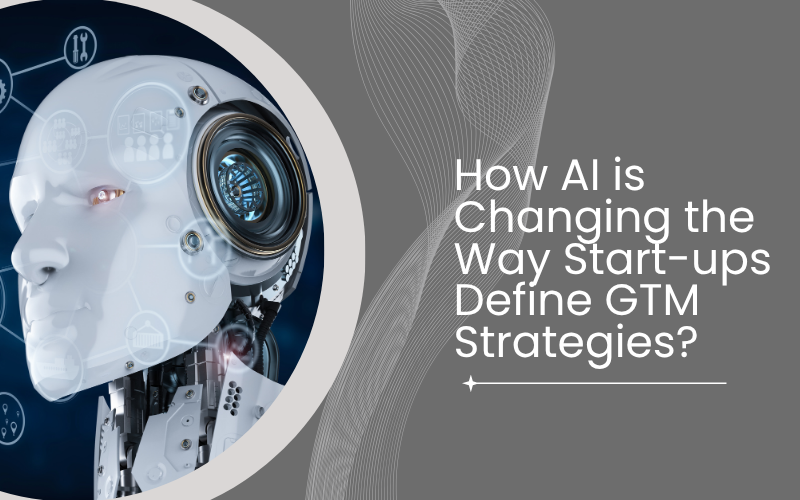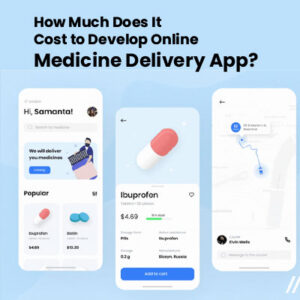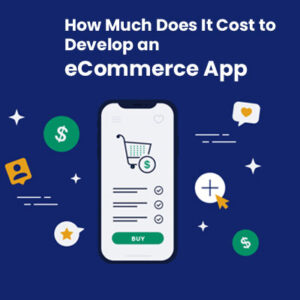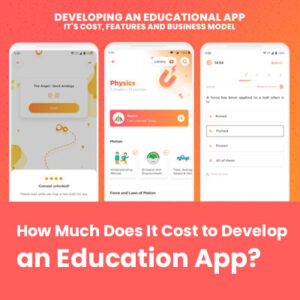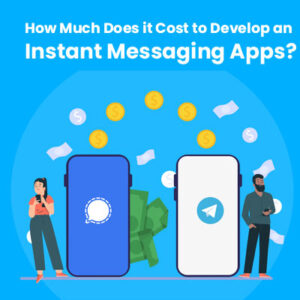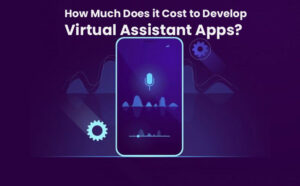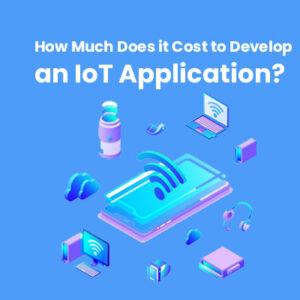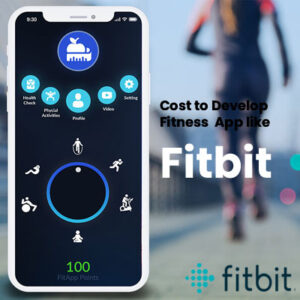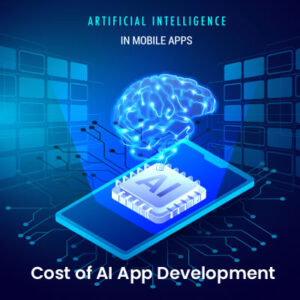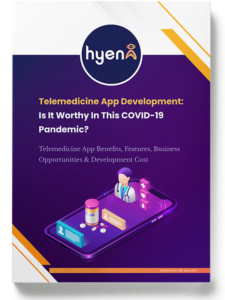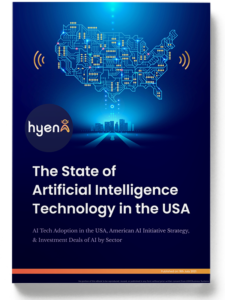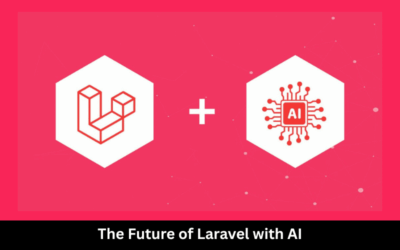How AI is Changing the Way Start-ups Define GTM Strategies?
How AI is Changing the Way Start-ups Define GTM Strategies?
Today, Artificial Intelligence (AI) isn’t just about futuristic robots — it now includes smart tools that can change how entire industries work. When it comes to Go-To-Market (GTM) strategies, businesses need to be quick and adaptable, something start-ups are naturally good at. AI opens up new ways to improve every part of a GTM plan, from doing market research to analyzing results after a product launch.
What is Go-to-Market (GTM) Strategy?
A GTM strategies encapsulates every detail relevant to a business seeking to sell their products or services. It typically includes market segmentation, value proposition, sales and marketing strategies, pricing, and distribution plans. More often than not, for startups, the presence of a solid GTM strategies is the different factor that sets apart unicorns from those that never take flight.
Benefits of AI in GTM Strategy Development
-
Artificial Intelligence-Based Market Research and Competitive Intelligence
Market research is one of the starting points of any GTM strategy. AI allows start-ups to do it quicker, better. Natural Language Processing (NLP) algorithms can read thousands of news stories, blog content, reviews, and social media posts and detect market trends, customer opinions, and unmet needs.
Start-ups can also utilize AI tools for competitive intelligence. These tools can track competitor price variations, new product launches, and customer comments and provide a real-time snapshot of the competitive landscape. This allows start-ups to place their products more strategically and respond to market trends ahead of time.
Example:
Companies like Crayon and Kompyte offer AI solutions that harvest competitors’ sites, news announcements, and customer reviews and study them to generate actionable recommendations.
-
Enhanced Customer Segmentation and Personalization
All forms of GTM planning are rooted in knowing your customer. This segmentation previously was done based on static demography or just behavioral tendencies. AI does it one step further by including real-time behavior, geographic data, and predictive analytics to get to micro-segments.
Machine learning activities track people’s activity across channels, predicting future behavior and adjusting marketing messages in response. This enables hyper-personalized campaigns that reach all audience segments more effectively.
Example:
Start-ups can utilize Segment or Opti move to establish real-time customer profiles and send customized messaging via email, social media, and in-app.
-
Intelligent Content and Campaign Creation
Artificial intelligence web content applications, like ChatGPT, are transforming the content-publishing industry. Instead of depending on human marketers, start-ups can now generate blog posts, social media, email marketing, and ad copy in seconds. The websites use training data in millions of documents to generate content based on customer intent and brand voice.
In addition to creating content, AI helps to refine timing and delivery. Predictive analytics calculate when to post content, send push messages, or initiate advertising to create the best response.
Example:
A fintech start-up launching a new app can leverage AI to build personalized onboarding email experiences for different categories of users, investors, borrowers, or savers—based on behavioral cues.
-
Smart Pricing and Dynamic Offers
Pricing is the product’s key factor. AI-driven price software evaluates market demand, competitor pricing, and customer willingness to quote the best pricing.
These kind of AI apps are designed specifically for subscription SaaS and e-commerce businesses.
AI also enables dynamic pricing, where prices are dynamically adjusted in real-time depending on traffic, day of the week, or stock with the aim of maximizing revenues.
Example:
PROS and Price are AI applications that are helping firms to create price estimates and adjust them prior to market release.
-
Predictive Sales Forecasting and Lead Scoring
Early-stage sales teams are information-starved and time-starved. They can be accurately forecasted by AI based on past performance, industry trends, and pipeline activity. This allows founders and sales managers to hire and allocate resources based on facts.
AI improves lead scoring, ranking and prioritizing leads by conversion value. This allows sales teams to pursue high-priority leads and improves conversion rates.
Example:
Salesforce Einstein or HubSpot AI solutions rank leads based on behavior and interaction to allow start-ups to focus on their best possible leads.
-
Automated Customer Support and Chatbots
Customer service is of the highest priority during a product launch, but hiring a big support staff is not typically feasible for start-ups. Virtual assistants and AI-powered chatbots offer 24/7 support, responding to common questions, onboarding, and handing off tricky issues when needed.
With tools like Intercom or Drift, start-ups can automate up to 80% of customer interaction and still maintain a personalized and supportive experience. These platforms also gather user feedback and identify pain points that can be utilized to make future GTM adjustments.
-
Post-Launch Analytics and Iteration
Product launch is only the tip of the iceberg. AI capabilities provide real-time monitoring of performance on every channel. From user activities and conversion paths to social sentiment and churn prediction, AI provides an ongoing feedback loop.
This allows start-ups to act faster, adjust messaging, roll out product features, or even shift GTM strategies altogether based on actual learnings and not hypotheses.
Example:
Mix panel and Amplitude are two widely used analytics tools that leverage AI to extract user behavior trends and drivers of retention.
-
Democratizing GTM Strategy for Non-Experts
Accessibility is likely AI’s biggest contribution. Experienced marketers spent some time to develop a GTM strategy. Now, early-stage founders with limited budgets can operate AI-driven platforms to build, test, and iterate on tactics without having to depend on others.
This democratization provides an even playing ground to everyone, room for additional innovation and competition in leading markets by highly capitalized companies.
Challenges and Ethical Considerations
It is no magic bullet but is a good thing. Data quality problems, algorithmic bias, and over-automation can come back to haunt you. Insights from AI must be treated with caution by start-ups and balanced with human instincts and domain knowledge.
Along with all these, ethical issues regarding data privacy and openness are on the rise. Start-ups have to get their AI tools to adhere to such standards as GDPR and be data transparent in their use.
Looking Forward: The Future of AI and GTM Strategy
As technology evolves so will the function of AI in GTM strategies. We will have increasingly sophisticated tools natively embedded across functions, such as sales, marketing, and customer success. Manual workforce and AI systems will collaborate in real-time to revolutionize the marketing strategy.
We will have more and more fully automated GTM platforms generating, testing, and optimizing strategies with little or no human intervention. While this generates new issues around creativity and governance, it also unleashes unprecedented levels of innovation and productivity.
Conclusion
Artificial intelligence is revolutionizing the way start-ups develop and implement their go-to-marketing strategy. With AI-enabled research, higher personalization, price optimization, and real-time analysis, founders can go faster, do smarter, and get stronger. Yes, it will come with challenges, but the payoff is too great to ignore. For start-ups seeking a competitive advantage, adding AI to their GTM playbook is no longer a trend it’s a requirement.
Are you an entrepreneur? Let’s talk and revolutionize your marketing strategy.
